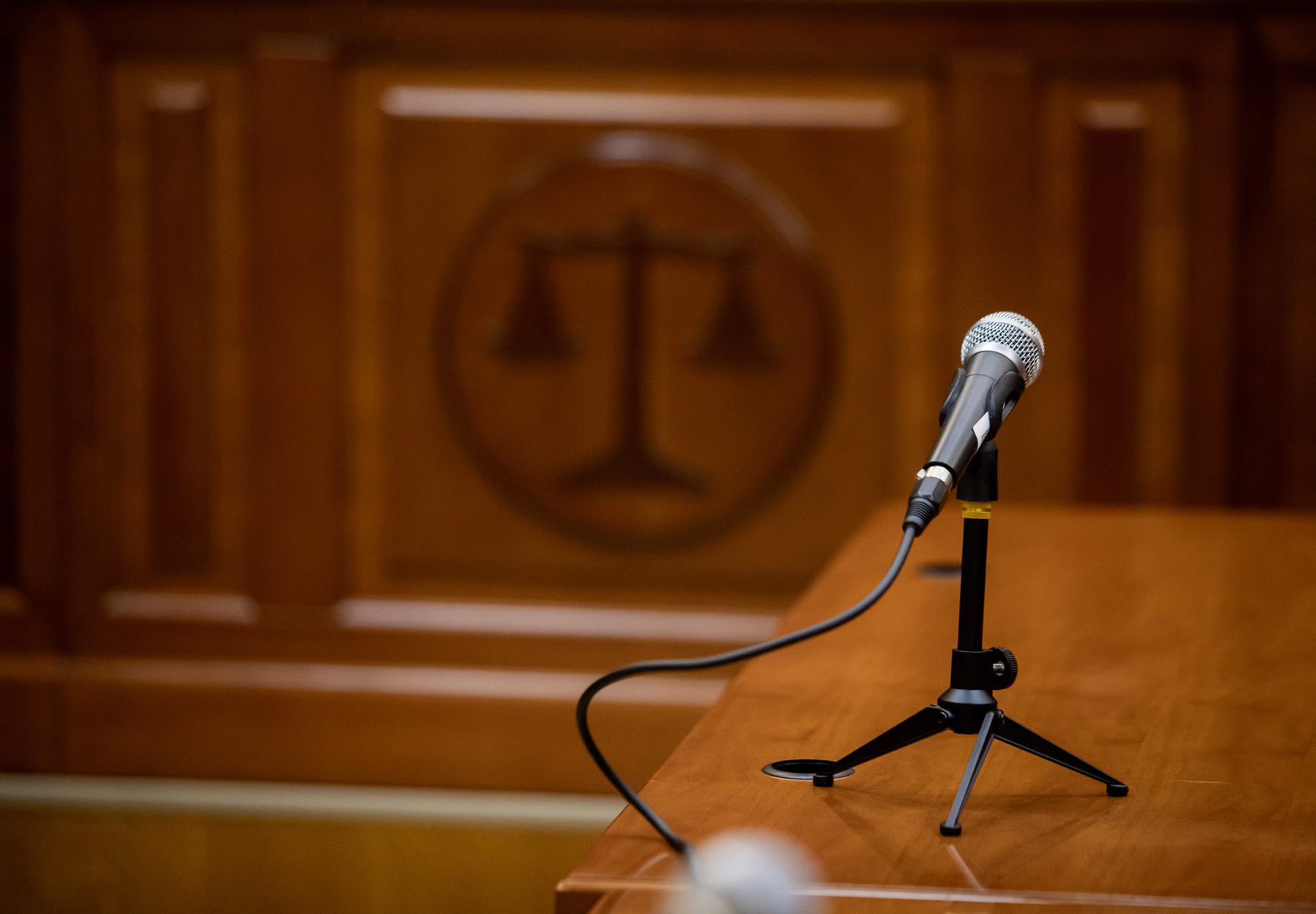Theranos In Court: Balwani Lawyers Lose Bid to Exclude Damning Evidence
Legal team’s bid to dismiss part of CMS inspector’s testimony as hearsay is denied by the Northern District of California federal court.

The criminal trial continues for Elizabeth Holmes’ former lover and Theranos business partner, Ramesh “Sunny” Balwani, who has been charged with nine counts of wire fraud and two counts of conspiracy to commit wire fraud. Here’s a quick briefing on the latest developments in the trial.
Sarah Bennett’s Testimony
On May 10, Centers for Medicare & Medicaid Services (CMS) inspector Sarah Bennett, who carried out a lengthy inspection citing deficiencies in Theranos’ testing in 2015, took the stand. According to court documents and media reports, Bennett testified that she reported lab deficiencies to Balwani “every day,” but added she was surprised to find months later that Theranos had taken no action to invalidate the tests that were flagged.
Recognizing how damning the testimony could end up proving, Balwani’s attorneys struck back. On May 20, they asked the Northern District of California federal court to strike part of the testimony as hearsay.
The Hearsay Controversy
Law of Evidence, 101: Evidence is not admissible if it constitutes hearsay, i.e., is based not on a witness's personal knowledge but on an out-of-court statement made by a person not made under oath. Example: “I didn’t see the defendant shoot the victim but his wife told me she saw him pull the trigger.”
However, there are exceptions to the rule. Thus, hearsay is admissible when it’s a statement made by the party him/herself or an “agent” concerning a matter within the scope of the agency or employment. The statement may also be admissible if the party “authorized” or “adopted” it.
The defense contended that parts of Bennett’s testimony crossed the line into hearsay, specifically where she stated: “Theranos said that the laboratory had concluded that there is a possible patient impact for every test reported from the laboratory's TPS 3.5 instrument." By “Theranos said,” Bennett was referring to an out-of-court statement made by a former Theranos lab director Dr. Kingshuk Das in a patient impact review report prepared after the inspection. This was hearsay and none of the exceptions applied, the lawyers argued, because Balwani didn’t make, adopt, or authorize Das’ statement and Das wasn’t acting as Balwani’s agent. In essence, they claimed that Das was speaking for himself and not Balwani.
The Court’s Ruling
But the court was unimpressed, finding that there was evidence of agency and adoption in this case. Balwani oversaw the Theranos CLIA lab from 2013 to 2015, including when Bennett carried out the inspection. The court also noted that Balwani:
- Held himself out as running the lab
- Had diagrams prepared placing him at the top of the lab’s organizational structure
- Was listed as the recipient in the headline of the patient impact summary that Das prepared.
“Indeed, there is evidence that demonstrates that Dr. Das behaved like a subordinate would, by forwarding documents to Balwani and asking for approval,” the court concluded [United States v. Balwani, 2022 U.S. Dist. LEXIS 106371].
Bottom Line: The jury will, in fact, get to consider the damning statement made by Bennett that Balwani knew that every test run on TPS 3.5 instruments was potentially faulty and that he could have taken measures to address the tests but failed to do so.
Subscribe to view Essential
Start a Free Trial for immediate access to this article